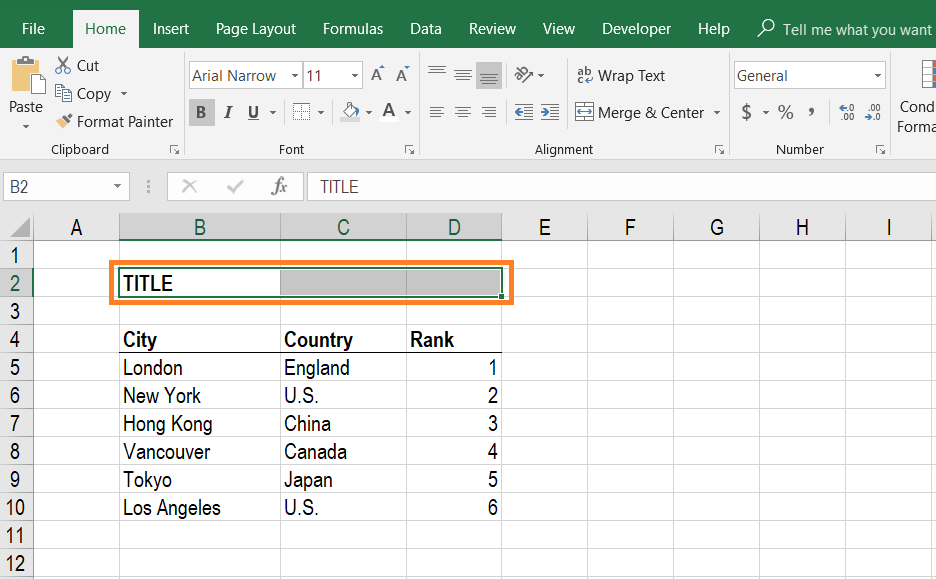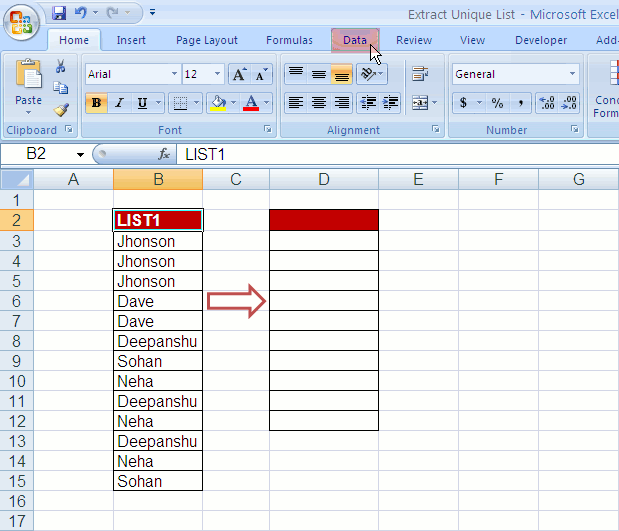Discover Lucrative Remote Excel Jobs Today

Remote work has transformed the job landscape, offering unprecedented flexibility and access to a global pool of talent. If you're proficient in Microsoft Excel and looking for lucrative remote opportunities, you're in the right place. This comprehensive guide will walk you through the nuances of securing Excel jobs remotely, detailing the job search process, essential skills, and tips for success.
Understanding the Demand for Excel Experts
Excel remains one of the most powerful tools in data analysis, financial modeling, and project management. Here’s why companies are on the lookout for Excel talent:
- Data Analysis: Businesses rely on Excel for data visualization and analysis to inform strategic decisions.
- Financial Modeling: Financial institutions and corporations use Excel for creating complex financial models for forecasting, budgeting, and analysis.
- Automation: Automation via macros and VBA (Visual Basic for Applications) can streamline repetitive tasks, enhancing productivity.
- Project Management: Gantt charts, task tracking, and resource allocation are often managed through Excel spreadsheets.
Where to Find Remote Excel Jobs
To tap into the pool of remote Excel jobs, consider these platforms and strategies:
- Online Job Boards: Websites like Indeed, LinkedIn, Glassdoor, and specialized job boards like FlexJobs and Remote.co often list remote Excel roles.
- Freelancing Platforms: Upwork, Freelancer, and Fiverr provide a marketplace for short-term projects or gigs focused on Excel.
- Networking: Connect with professionals on LinkedIn, join Excel-focused groups, and attend virtual networking events.
- Company Websites: Many companies have career pages where remote jobs are listed, and some excel-specific roles might be available.
Essential Skills for Remote Excel Jobs
Here’s a checklist of skills that make you stand out in the remote Excel job market:
- Proficiency in Excel Functions: Mastery over VLOOKUP, HLOOKUP, INDEX-MATCH, SUMIFS, COUNTIFS, and more.
- Data Visualization: Ability to create insightful charts and dashboards.
- Pivot Tables and Advanced Filtering: Skills to manipulate data for quick insights.
- Excel Automation: Knowledge of VBA and Excel macros to automate tasks.
- Data Validation and Error Checking: Ensuring data integrity.
- Collaboration and Communication: As you’ll be working remotely, the ability to work effectively with teams online is vital.
- Time Management: Managing your own schedule and meeting deadlines.
🚀 Note: Regularly practice and keep up with the latest Excel updates to ensure your skills are current.
Navigating the Job Application Process
Applying for remote Excel jobs involves a few specific steps:
- Create a Targeted Resume: Highlight your Excel proficiency, including any certifications or projects. Tailor it for each job application.
- Write a Persuasive Cover Letter: Mention remote work experience, your ability to work independently, and your passion for Excel.
- Portfolio Development: Include sample spreadsheets, macros, or VBA code to showcase your work.
- Interview Preparation: Be ready to discuss Excel scenarios and demonstrate your problem-solving capabilities.
📌 Note: Some employers might require you to complete a task or a test as part of the interview process. Be prepared for this.
Preparing for Remote Work
Transitioning to or continuing in remote work requires more than just Excel skills:
- Set Up a Productive Workspace: A quiet, ergonomically sound area where you can focus on Excel tasks.
- Secure Communication Tools: Familiarize yourself with tools like Slack, Zoom, or Microsoft Teams.
- Time Zone Management: If you’re working for international clients, manage your schedule according to different time zones.
- Professionalism: Maintain professionalism in communication, punctuality, and commitment to deliverables.
In summary, the realm of remote Excel jobs offers substantial opportunities for those equipped with the right skills. As you venture into this market, ensure your Excel proficiency stands out, you’re prepared for remote work culture, and you continuously refine your skills. The demand for Excel experts will not wane, and with the tools and strategies outlined here, you’re well on your way to securing lucrative remote Excel positions.
What makes Excel skills valuable for remote work?
+Excel is a versatile tool used for data analysis, financial modeling, project management, and automation. Remote companies often need experts to handle data remotely, making Excel skills highly valuable.
How can I update my Excel skills for remote work?
+Regularly practice, explore online courses, engage with the Excel community online, and keep an eye on updates from Microsoft. Tools like Excel Hero, Mr. Excel, and Udemy can be particularly useful.
Can I get a remote Excel job without a degree?
+Yes, while some companies may require formal education, others place greater emphasis on practical skills, certifications, and experience. Building a strong portfolio and showcasing your Excel expertise can compensate for the lack of a degree.
What are the common challenges of remote Excel work?
+Common challenges include:
- Limited face-to-face interaction, requiring strong communication skills.
- Managing time zones differences when working with global teams.
- Data security and confidentiality when working with sensitive information.
- The need for self-motivation and discipline in a remote setting.
What salary can I expect for remote Excel jobs?
+Salaries vary based on your location, experience, and the complexity of the role. According to PayScale, the average salary for an Excel analyst in the US can range from 45,000 to over 70,000 per year, with freelancers potentially earning 30-100 per hour depending on the project scope and their expertise.



